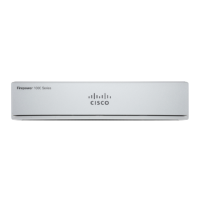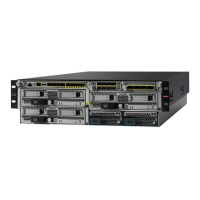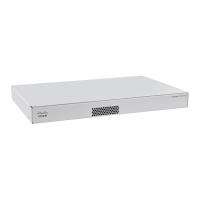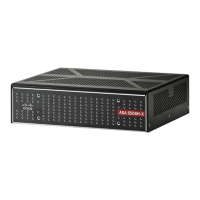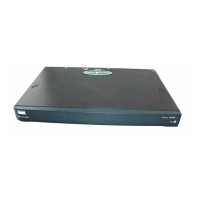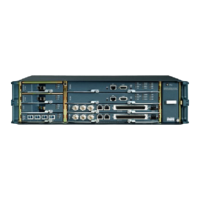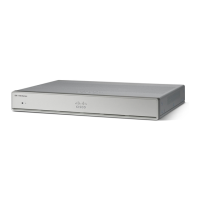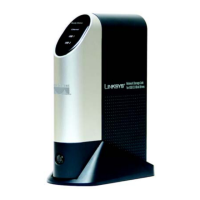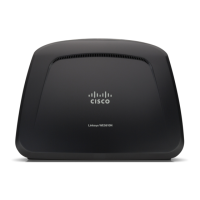Cabling for the Firepower 9300
Perform the initial Firepower Threat Defense configuration on the logical device Management interface. You
can later enable management from any data interface. The Firepower Threat Defense device requires internet
access for licensing and updates, and the default behavior is to route management traffic to the gateway IP
address you specified when you deployed the device. If you want to route management traffic over the
backplane to the data interfaces instead, you can configure that setting in the FDM later.
Cable the following interfaces for initial chassis setup, continued monitoring, and logical device use.
• Console port—Connect your management computer to the console port to perform initial setup of the
chassis. The Firepower 9300 includes an RS-232–to–RJ-45 serial console cable. You might need to use
a third party serial-to-USB cable to make the connection.
• Chassis Management port—Connect the chassis management port to your management network for
configuration and ongoing chassis management.
• Logical device Management interface—Use one or more interfaces to manage logical devices. You can
choose any interfaces on the chassis for this purpose other than the chassis management port, which is
reserved for FXOS management. Management interfaces can be shared among logical devices, or you
can use a separate interface per logical device. Typically, you share a management interface with all
logical devices, or if you use separate interfaces, put them on a single management network. But your
exact network requirements may vary.
• Data interfaces—Connect the data interfaces to your logical device data networks. You can configure
physical interfaces, EtherChannels, and breakout ports to divide up high-capacity interfaces. You can
cable multiple logical devices to the same networks or to different networks, as your network needs
dictate. All traffic must exit the chassis on one interface and return on another interface to reach another
logical device.
For High Availability, use a Data interface for the failover/state link.
Getting Started
18
Getting Started
Cabling for the Firepower 9300

